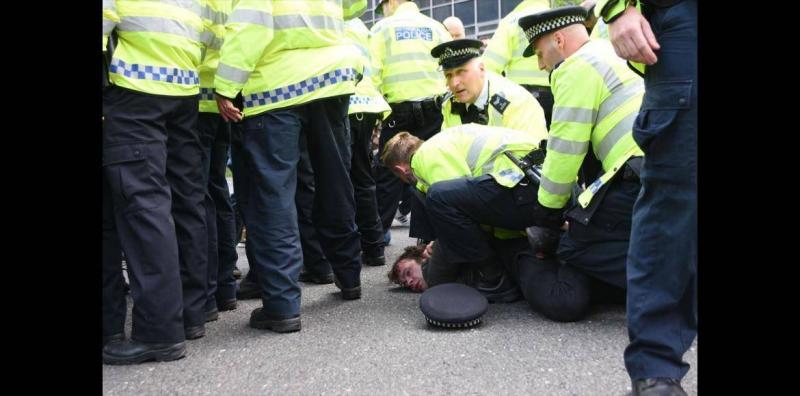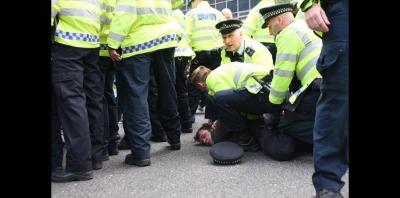An independent study released today, Tuesday, found that racism and bias against women and LGBTQ+ individuals are deeply rooted in London's Metropolitan Police. It added that the police force is unable to monitor itself, which increases pressure on its new chief to reform the largest police force in the UK. The study was conducted in 2021, commissioned by the then head of the Metropolitan Police, Cressida Dick, following the sentencing of an on-duty officer to life in prison for the rape and murder of young woman Sarah Everard, a horrific case that highlighted the broader culture within the police force.
Louise Casey, the Member of Parliament who led the study, stated that "radical" reforms are needed after serious failures were uncovered across the Metropolitan Police, which employs over 43,000 officers and staff. The report noted, "We found widespread bullying, discrimination, and institutional homophobia, misogyny, and racism." It added, "Women and children are not receiving the protection and support they deserve." One cited example involved placing a pig's head inside the shoe of a Muslim officer.
Described by Home Secretary Suella Braverman as a "scathing" report, it comes more than two decades after an investigation in 1999 into the murder of Black teenager Stephen Lawrence, which found institutional racism within the force. The study indicated that the biggest impediment is the culture within the Metropolitan Police of making excuses and denying the extent of its problems.
Metropolitan Police Commissioner and the UK’s highest-ranking police officer, Mark Rowley, told reporters, "We have let down the people of London and left our frontline... I am truly sorry." He added that the report "generates a full range of emotions: anger, frustration, confusion... but most importantly, it generates determination," noting that the management of professional standards has been "strengthened."
Prime Minister Rishi Sunak remarked that trust in the police has been "severely damaged." Braverman indicated before Parliament that "some of the enormous challenges facing the organization may take years to address fully." The 360-page report provided recommendations, including establishing strong leadership, a dedicated service for women's safety, and a new strategy for children.




